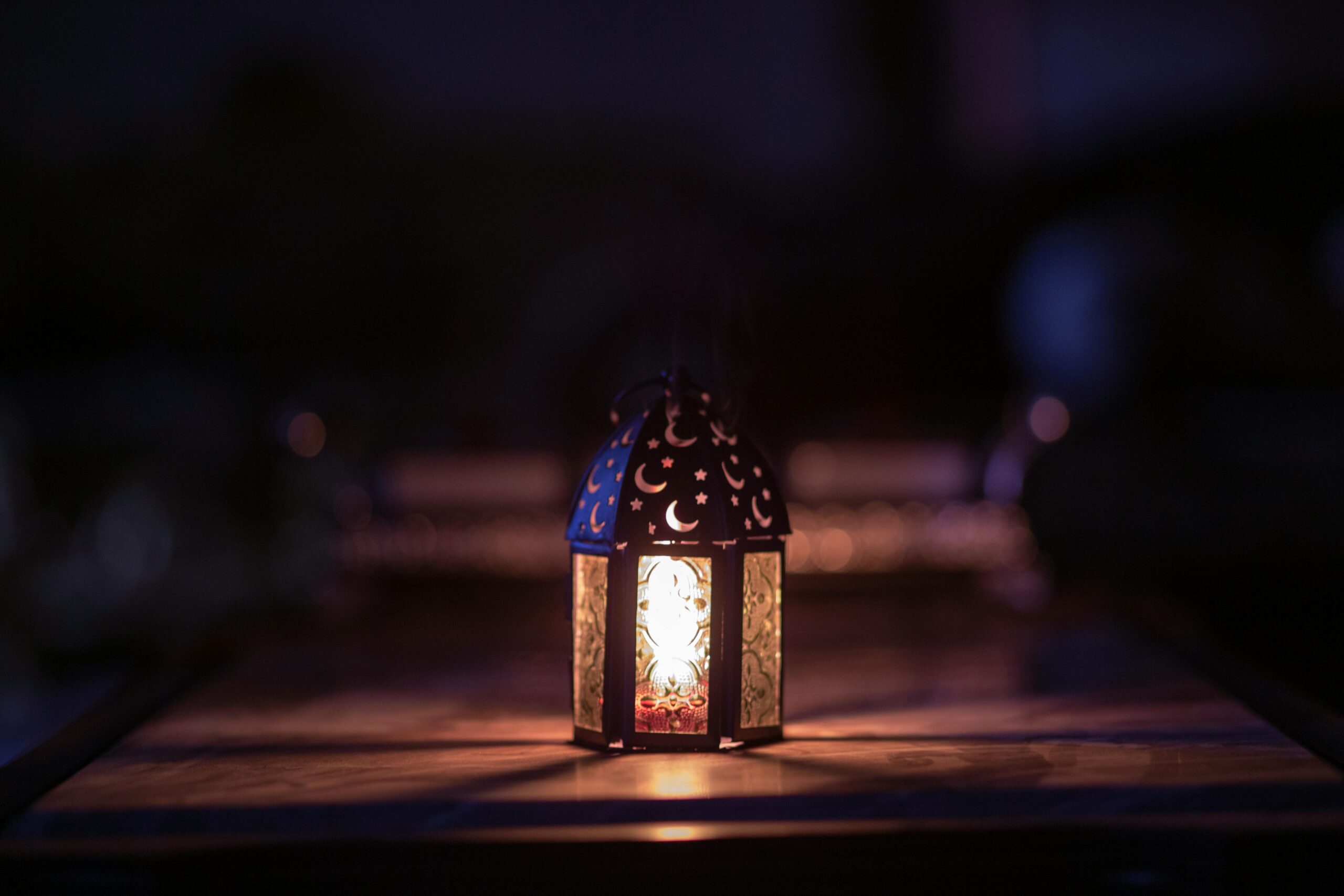Ramadan is a month of immense blessings, but the final ten nights, known as Ashra-e-Nijat (The Ten Nights of Salvation), hold unparalleled significance. Among these nights lies Laylatul Qadr (The Night of Power), a night better than a thousand months. Understanding its importance and engaging in dedicated worship can elevate our spirituality and bring us closer to Allah.
The Significance of the Last Ashra (Najaat)
The last Ashra of Ramadan is focused on seeking salvation from Hellfire and strengthening our faith. This is a time of intense devotion, self-reflection, and prayers for ultimate forgiveness. The Prophet Muhammad (PBUH) increased his worship during these nights, setting an example for all Muslims.
What Makes Laylatul Qadr the Most Powerful Night?
Laylatul Qadr is a night of immense mercy and divine decree, where Allah’s blessings descend upon those who seek Him. The Quran was revealed on this night, making it a sacred event in Islamic history. Worship on this night is equivalent to worshiping for over 83 years—a lifetime of devotion in just one night.
Signs of Laylatul Qadr and How to Seek It
While the exact date remains unknown, Laylatul Qadr is believed to fall on one of the odd nights in the last ten days of Ramadan (21st, 23rd, 25th, 27th, or 29th). Some signs often associated with Laylatul Qadr include:
- A peaceful and serene night
- A slightly cooler atmosphere than usual
- The sun rising softly without harsh rays the next morning
To seek Laylatul Qadr, increase your prayers (Salah), Quran recitation, and Dhikr (remembrance of Allah). One of the most powerful supplications recommended for this night is:
“Allahumma innaka ‘afuwwun tuhibbul ‘afwa fa’fu ‘anni” (O Allah, You are Forgiving, and You love forgiveness, so forgive me).
Acts of Worship to Maximize Rewards
To make the most of Laylatul Qadr, consider incorporating the following acts:
- Praying extra Nawafil – Engage in Tahajjud and Taraweeh prayers.
- Reciting the Quran – Focus on understanding and implementing its teachings.
- Seeking forgiveness – Repent sincerely and ask for mercy.
- Making heartfelt Duas – Pray for yourself, your family, and the entire Ummah.
- Giving charity – Ensure you give Sadaqah on this night for multiplied rewards.
Personal Reflection: How Ramadan Transforms Us
As we reach the end of Ramadan, it is essential to reflect on our spiritual growth. Have we improved our connection with Allah? Have we let go of bad habits? Ramadan teaches discipline, patience, and gratitude, qualities we should carry forward beyond this holy month.
I’tikaf: The Spiritual Retreat Every Muslim Should Try
What is I’tikaf and Why is it Important?
I’tikaf is a spiritual retreat in the mosque during the last ten days of Ramadan, where a person dedicates themselves entirely to worship. The purpose is to detach from worldly distractions and focus solely on Allah.
The Rules and Etiquette of I’tikaf
- It must be observed in a mosque where congregational prayers are held.
- One should remain in the mosque for the entire duration and not leave except for essential needs.
- Engaging in excessive conversation, idle talk, or distractions should be avoided.
How to Prepare Mentally and Physically for I’tikaf
- Plan your schedule – Ensure all work, family, and responsibilities are managed beforehand.
- Pack essentials – Bring prayer mats, Islamic books, and comfortable clothing.
- Mentally prepare – Approach I’tikaf with an open heart and the intention to seek Allah’s pleasure.
Tips for Staying Focused in Isolation
- Set a daily prayer and Quran recitation
- Reflect on your past and make dua for personal growth.
- Disconnect from unnecessary social interactions.
How I’tikaf Strengthens Your Relationship with Allah
By dedicating oneself fully to worship, I’tikaf fosters spiritual discipline and strengthens the bond between a person and Allah. It allows for self-purification, inner peace, and a renewed commitment to faith.
Carrying the Ramadan Spirit Beyond Eid
Why Most People Struggle to Maintain Their Ramadan Habits
After Ramadan, many Muslims find it challenging to continue the same level of devotion due to returning to busy schedules and distractions. Without intentional efforts, the spiritual high of Ramadan can quickly fade.
How to Continue Praying, Fasting, and Reading Quran Consistently
- Establish a post-Ramadan routine – Keep a specific time for daily prayer and Quran recitation.
- Continue fasting – Observe the six voluntary fasts of Shawwal for extra rewards.
- Stay connected to Islamic reminders – Attend religious lectures or listen to Islamic podcasts.
Small but Effective Post-Ramadan Habits
- Wake up for Tahajjud once a week.
- Make dua daily for personal growth.
- Give charity regularly – Even small acts count.
- Practice self-discipline in daily routines.
The Importance of Setting Faith-Based Goals
Setting achievable goals can help maintain the Ramadan mindset. Examples include:
- Memorizing a portion of the Quran each month.
- Learning the meaning of daily prayers and duas.
- Committing to helping the less fortunate consistently.
How to Keep the Spiritual High Even After Ramadan Ends
- Surround yourself with positive company that encourages faith.
- Regularly attend the mosque or Islamic gatherings.
- Reflect on Ramadan’s impact and strive to implement its lessons year-round.
The last ten nights of Ramadan provide an opportunity for deep spiritual transformation. By making the most of Laylatul Qadr, engaging in I’tikaf, and carrying the Ramadan spirit forward, we can strengthen our faith and commitment to Allah beyond this sacred month. Let Ramadan be a starting point for lifelong spiritual growth, not just a temporary phase.
